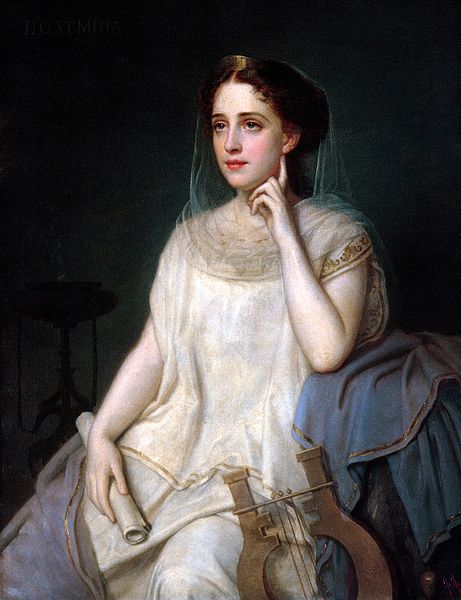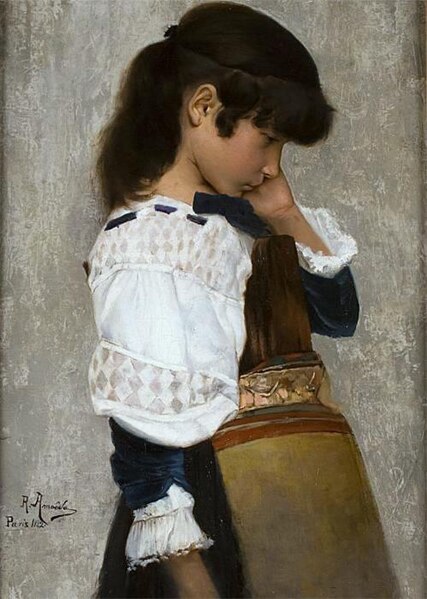Hypothesis versus theory
A student may ask:
Is there any difference between a hypothesis and a theory?
Our response might be:
Yes, in scientific research, there a big difference between a hypothesis and a theory. A hypothesis is something we might assume when we start our research, just to give us something to test for. After we have observed something that happens, and have facts to explain it, then we may develop a theory to explain it.
The student may wonder:
Can you give me an example of a theory and a hypothesis?
We might say:
The theory of evolution explains why different plants and animals exist on Earth, based on the fossils which have been discovered. A hypothesis might be to wonder if students who get more than six hours of sleep each night receive better grades on exams than students who get less sleep than that.
In the first case, the theory was based on substantial evidence collected over many years. In the second case, a guess is made as a starting point to some kind of research, but without the serious data that a theory would require.
Students in the Faculty of Science and Technology, Thammasat University are all familiar with the Big Bang Theory, which is how some astronomers explain the way the universe started. It is the idea that the universe began as just a single point, then expanded and stretched to grow as large as it is now, based on long and detailed scientific observation.
The student may ask:
But I have heard theory and hypothesis referred to as if they mean the same thing.
We might answer:
In informal conversation, theory and hypothesis are sometimes mentioned as if they were synonyms, but for the purposes of formal academic research papers and theses, this is not the case.
Here are two examples of Charles Darwin, the English naturalist, geologist and biologist, best known for his contributions to the science of evolution, writing about hypotheses and theories:
When a character which has been lost in a breed, reappears after a great number of generations, the most probable hypothesis is, not that the offspring suddenly takes after an ancestor some hundred generations distant, but that in each successive generation there has been a tendency to reproduce the character in question, which at last, under unknown favourable conditions, gains an ascendancy.
- Charles Darwin, On the Origin of Species, 1859
It is evident, on our theory, that coasts merely fringed by reefs cannot have subsided to any perceptible amount; and therefore they must, since the growth of their corals, either have remained stationary or have been upheaved. Now, it is remarkable how generally it can be shown, by the presence of upraised organic remains, that the fringed islands have been elevated: and so far, this is indirect evidence in favour of our theory.
- Charles Darwin, The Voyage of the Beagle, 1839
Here are some further examples of the word hypothesis and theory used in sentences:
- The scientist’s hypothesis did not stand up, since research data was inconsistent with his guess.
- A hypothesis was presented by the panel, giving a likely explanation for why the trial medicine did not appear to have much effect on patients.
- During the study, the researcher changed her hypothesis to a new assumption that fit with current data.
- To confirm his hypothesis on why the dolphin wasn’t eating, the marine biologists did several tests over a week’s time.
- We now use matrix perturbation theory to compute the covariance of based on this zero approximation.
- In the quantum theory, matter which is in a false vacuum may “tunnel” to its true vacuum state.
- His doctrine of chances of 1718 greatly expanded the mathematical theory of probability which Bernoulli had started in 1713.
- In fact, he did so much to make the atomic theory of matter probable that he is popularly regarded as its originator.

(All images courtesy of Wikimedia Commons)

